Since launching our grantmaking activities in 2014, we have awarded over $26.4 million in support of our research priorities: access, affordability, and the value of legal education.
Awarded Grants
Grant Program
Grant Status

UC Berkeley School of Law
This grant will support the development of the Pre-Law Online Curriculum, a web-based, mobile-friendly pre-law advising center that is free and available to all. This system will provide instructional modules, community discussions, and online resources to students preparing for law school.
View grant outcomes.
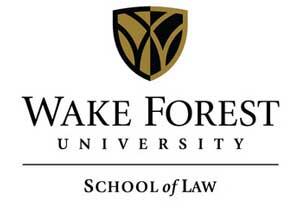
Wake Forest University School of Law
This project will identify students’ knowledge gaps about the law school admissions process, negative views of Predominantly White Institutions (PWIs), and financial barriers that lead to fewer application submissions, and fewer offers of acceptance.
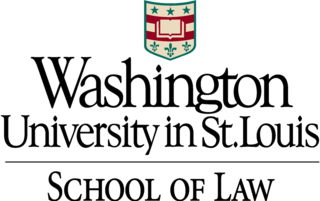
Washington University School of Law
The project aims to evaluate factors that will enhance the value and relevance of legal education, especially for historically underrepresented groups. The first objective is to create a nationwide archival dataset on lawyer rosters, lawyer disciplinary actions, and state occupational licensing requirements for lawyers in the United States from 1900 to 2018. Second, the research will investigate the effects of a host of law school and licensing policies that are relevant to the value of legal education.
View grant outcomes.
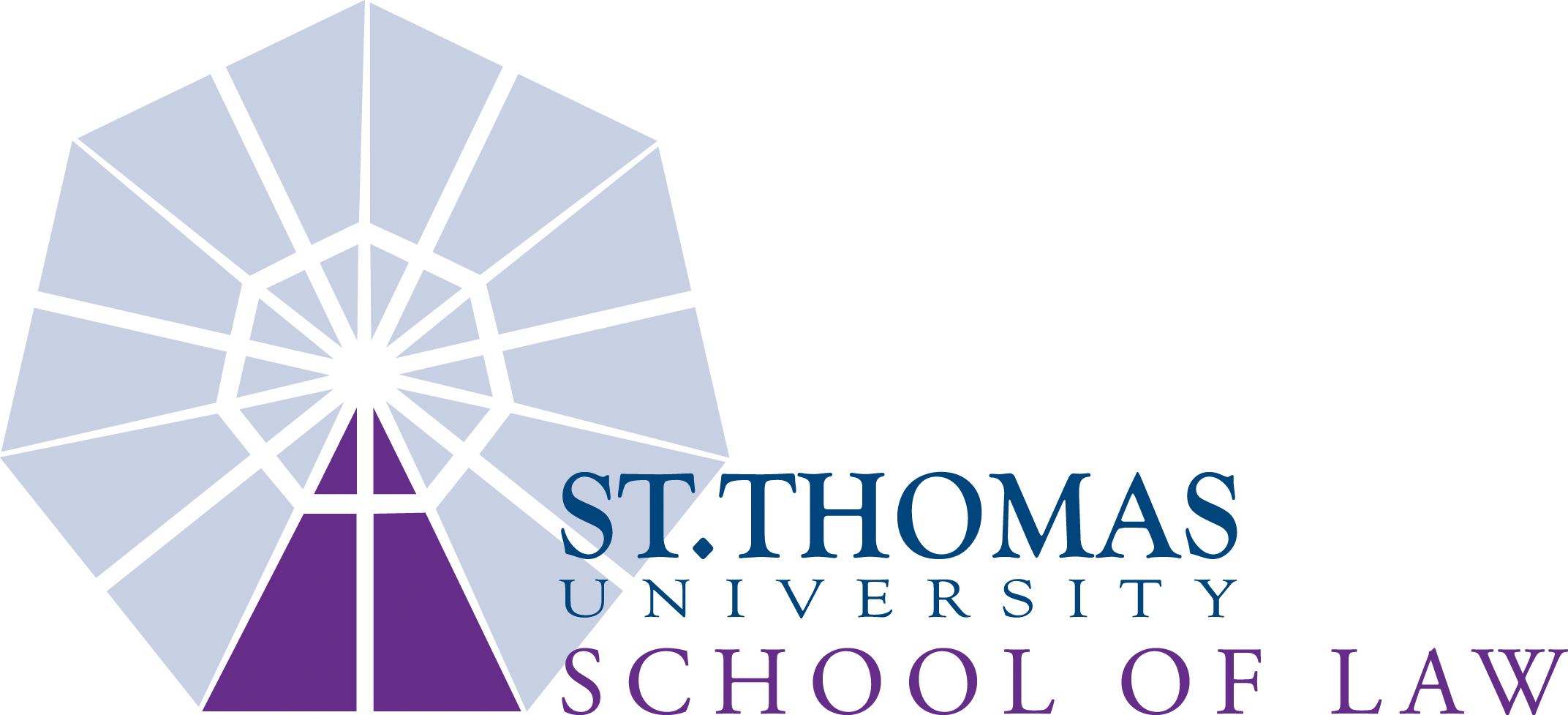
University of St. Thomas School of Law
Over the last few years, a growing number of law schools have implemented a required first-year course/program focused on professional development or professional identity formation. To date, there has been no assessment of which of the courses/programs are most successful in advancing students with respect to learning outcomes associated with professional development. This project would be designed to assess these courses/ programs and to identify the most successful pedagogies.
View grant outcomes.
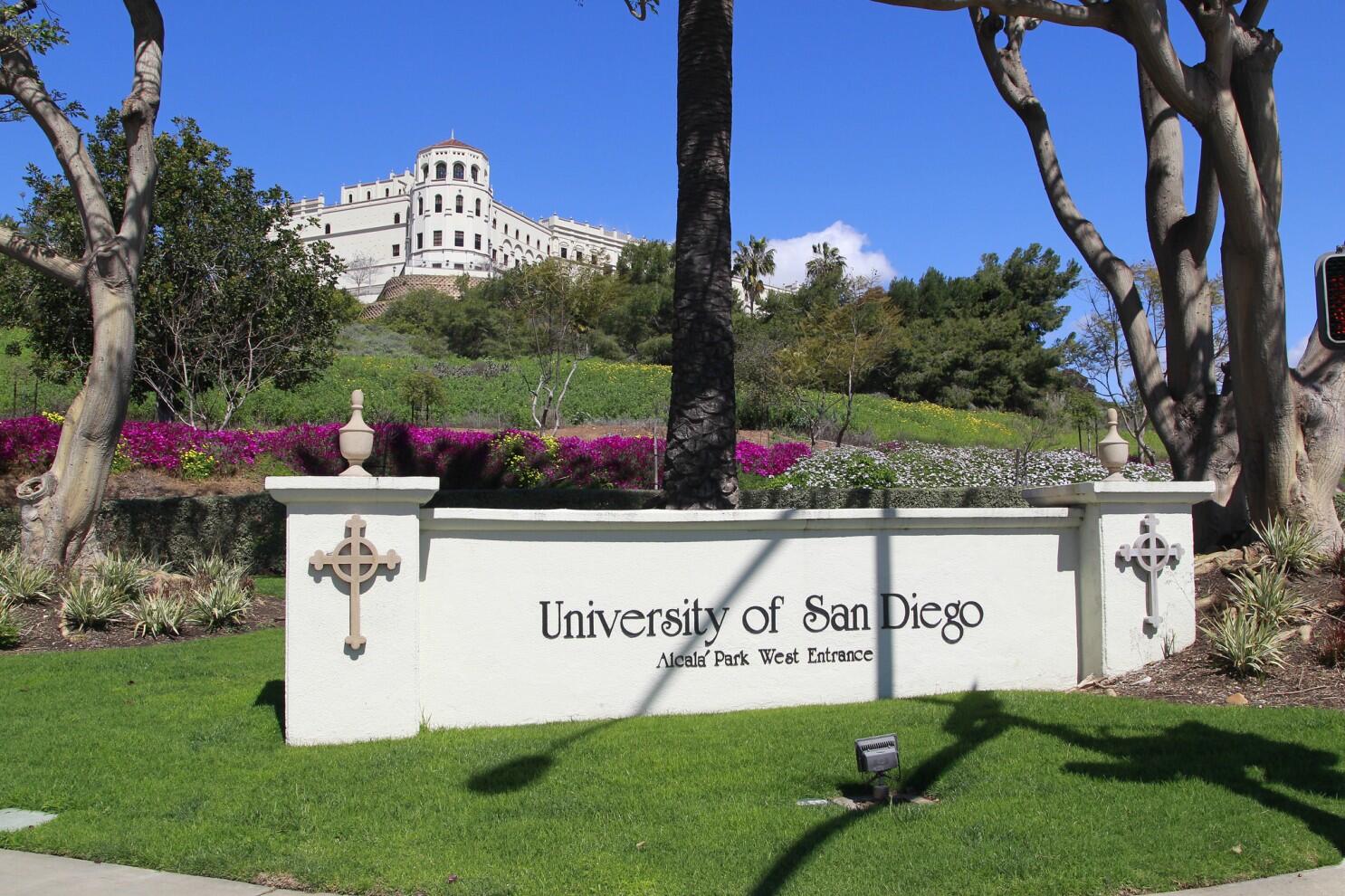
University of San Diego
The University of San Diego School of Law’s (USD) Center for Public Interest Law (CPIL), in partnership with the School of Business Department of Economics, plans to research inequality with respect to access to legal services. USD will investigate whether the lack of diversity in the attorney workforce directly impacts access to legal services by low-income, disadvantaged consumers, and whether the existing cut score of California’s Bar Exam is contributing to the justice gap in California.
View grant outcomes.

University of Pennsylvania
This grant will comprehensively evaluate whether the adoption of rgw Uniform Bar Exam (UBE) has positively influenced enrollment and Bar passage rates of underrepresented and minority students in law schools located in participating states. It will also measure the extent to which (a) tuition and fees costs and costs of living, (b) interstate employment mobility, and (c) overall employment prospects of graduates from participating schools and states varied given the adoption of UBE.
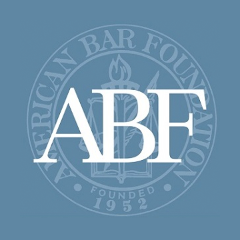
American Bar Foundation
The project will employ anthropological linguistic methods to examine how inequality is sustained in law schools in order to help them create more supportive environments for students and faculty of color. Faculty interviews, observations, and autobiographical textual analyses will be used to identify the verbal and non-verbal interactional habits that contribute to institutional practice that may sustain implicit biases.
View grant outcomes.
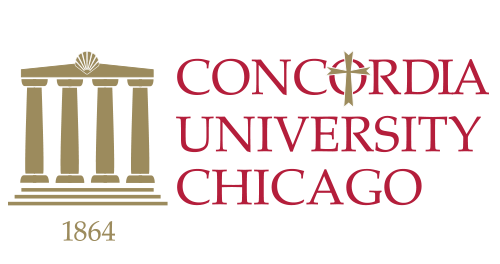
Concordia University Chicago
The grant will examine approximately 30 first-generation law students enrolled at Northwestern University Pritzker School of Law using both surveys and in-depth interviews to identify critical: pre-law school experiences, psychoemotional/educational needs of enrolled first-generation law students, and personal qualities associated with first-generation students’ law school success.
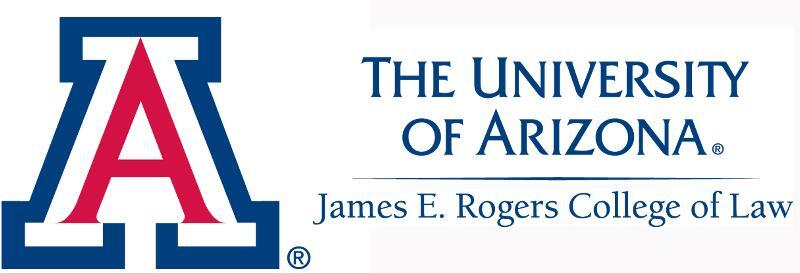
The Law College Association of the University of Arizona - James E. Rogers College of Law
This grant will pilot a seven and a half-week online course teaching standard contracts and foundational skills in case-reading and analysis to 250 aspiring JD students. The course is intended to expose students to the materials and methods of legal education and better prepare them for success in JD programs. A more valid and reliable predictor of student performance in law school will be developed using factors beyond standardized test scores and undergraduate grades.



